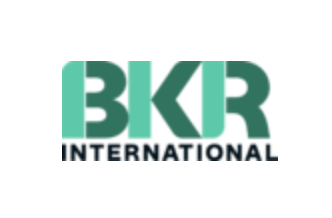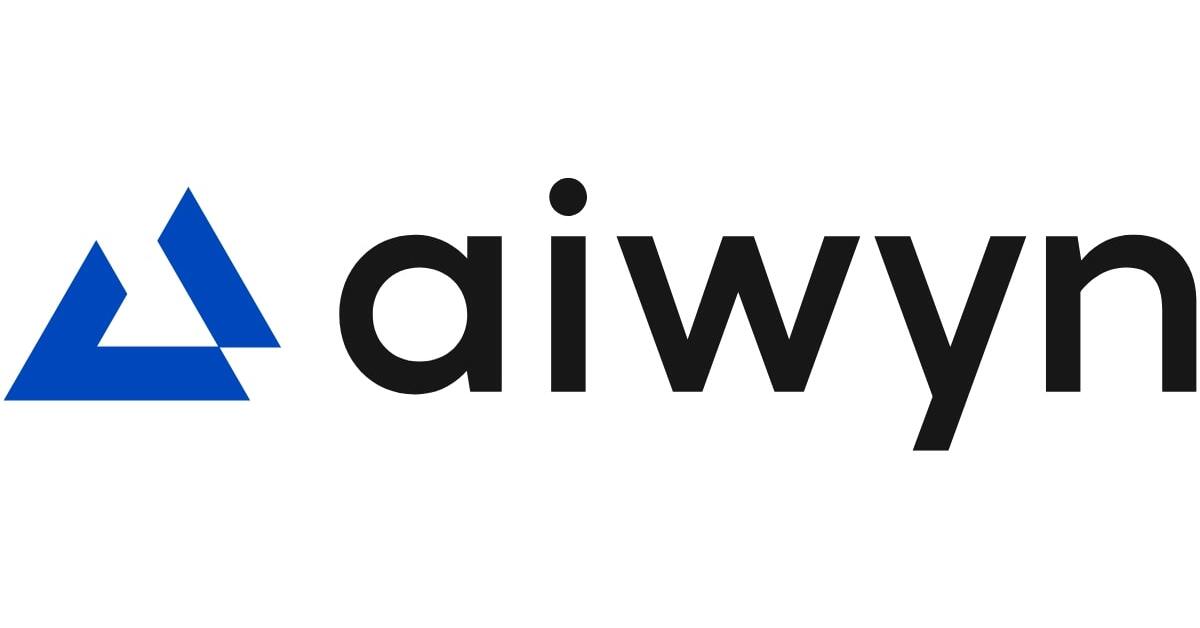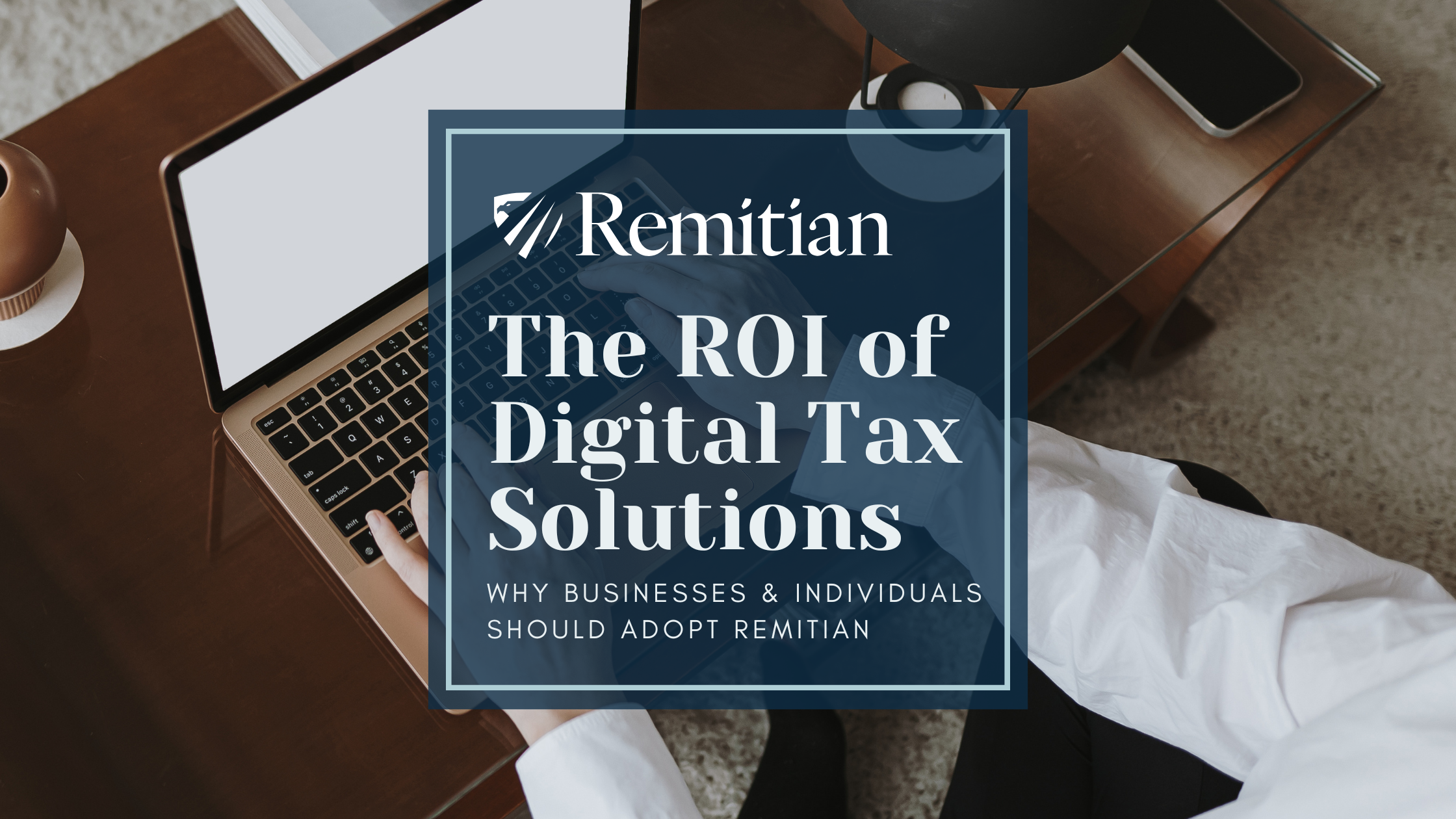The Tax Payment Platform
Remitian is the world’s first AI-powered Tax Payment Platform that unifies tax payments in one secure portal.
It replaces fragmented systems with a single connected workflow where every payment is automated, verified, and compliant by design.

A unified platform built for accuracy, automation, and trust.
All Taxes
Remitian connects directly to tax authorities through secure rails and intelligent rules to ensure every payment is accurate and compliant.
Learn More.
One Platform
Remitian brings every payment, dashboard, and reminder together in one dashboard that eliminates manual work and fragmented platforms.
Learn More.
No Penalties
Automated payments with validation and audit trails prevent errors and missed deadlines for complete confidence every time.
Learn More.
Built for tax professionals and the taxpayers they serve.
Remitian connects the entire tax payment ecosystem of firms, taxpayers, and institutions through one intelligent platform.
Accounting Firms
Remitian helps firms turn tax payments into a managed, billable service. It automates payment workflows, reduces risk, and frees teams to focus on higher-value client work.
Learn More.
Bookkeepers
Remitian helps bookkeepers expand their role without taking on extra risk. Offer tax payment services across clients, save hours of manual work, and turn tax season into scalable revenue.
Learn More.
Wealth Managers
Remitian gives wealth managers visibility and control over every client tax payment. Simplify coordination, ensure accuracy, and deliver a smoother client experience.
Learn More.
What Professionals Are Saying About Remtiain
Testimonials from Remitian Clients
A better experience for every taxpayer
Traditional tax payments are confusing, scattered, and easy to get wrong. Remitian gives taxpayers a clear and simple way to review, authorize, and track every payment in one secure place.
payment portal
& Penalty Protection
Extend, embed, and connect with the Remitian API
As the secure and trusted remittance API infrastructure for leading tax software providers, Remitian provides a secure, embeddable payments layer that links directly to tax authorities through intelligent, jurisdiction-aware infrastructure.
Integration partners and software vendors can extend their platforms from “ready to file” to “ready to pay,” creating a seamless end-to-end experience while remaining compliant and out of the flow of funds.
API Highlights
- Connect tax payments to any existing workflow or platform
- Automate routing, validation, and confirmation across jurisdictions
- Embed payment initiation and proof of payment direclty into your product

Latest insights and updates
Discover expert perspectives on digital transformation and e-signatures
Robust protection for your client data
Our portal is SOC2 Type II compliant and encrypted to protect your client's information. Banking credentials never pass through our system, ensuring that you won't bear the responsibility for handling sensitive financial information.
Trusted by and embedded into industry leaders in tax and finance









.png)



.svg.png)

.png)





.png)
.png)
.png)






.png)




